Pregnancy is a time when numbers matter: From a mother’s due date to how many inches her belly measures to the number on the scale, a mom is constantly keeping count! But what if a mom wonders how her own personal figures stack up compared to those of other women? While there are no “right” or “wrong” ways to be pregnant, sometimes it can be helpful to understand other women’s experience.
More from CafeMom: First Period After Baby: What to Expect
We all want to make sure our pregnancies are on track for a healthy delivery, but is there a way to get quantifiable information? We found expert information about what the average pregnancy looks like — though again, every woman is different and pregnancies vary wildly from woman to woman. Here are the average numbers for how women change and grow during pregnancy — from how much weight they gain, to the chances they’ll have a boy, to even the percentages of moms who work. These numbers can help an expectant mother understand a little more about her pregnancy — or maybe these facts provide interesting new ways to look at what a pregnant woman is experiencing. Read through our slideshow of fascinating numerical pregnancy facts to find out!
The Average Weight Gain Is ...
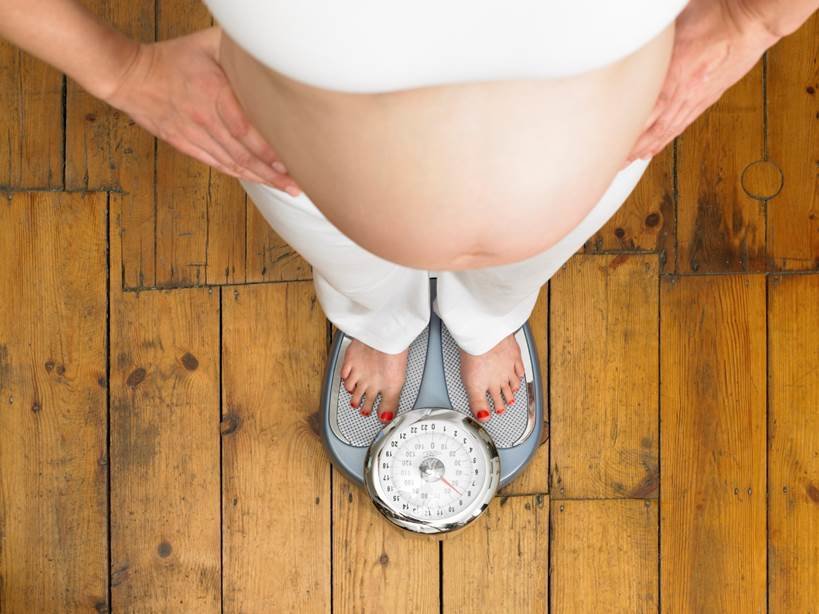
Wondering if your increased poundage is on the high or low end of the spectrum? The average woman gains about 25 pounds during pregnancy (sounds pretty low to us!).
How Many Extra Calories Do You Really Need?
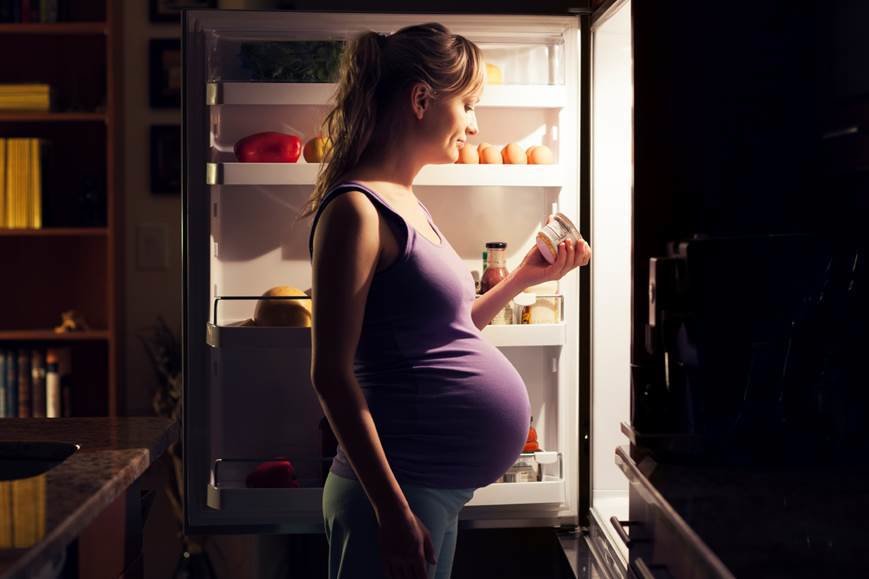
The U.S. National College of Medicine says that women need about 300 extra calories per day — even though you probably feel like you could use a whole lot more sometimes!
Amnio Is a Thing of the Past

While amniocentesis was once commonplace (particularly in moms over 35), the introduction of noninvasive prenatal testing has led to a 76% decrease in amnio procedures.
Your Breasts Will Gain 2 Pounds

Can’t beat pregnancy cleavage: The average woman goes up one bra size during the first trimester alone (about 2 additional pounds overall).
Morning Sickness Is Pretty Likely

If you’re feeling queasy, you’re not alone: About 70% to 80% of pregnant women experience morning sickness!
The Mean Age for Moms

While many women are postponing motherhood these days, the mean age of a woman the first time she gives birth is still pretty low: 25.6 years.
More from The Stir: 12 Most Awkward Pregnancy Photos
Average Amount of Time in Labor

Labors can last minutes or days, but the average amount of time a woman spends in childbirth is 8.22 hours.
Epidurals Are Popular

The pain of childbirth is no joke — that’s why 61% of women opt for epidural or spinal anesthesia during vaginal deliveries!
How Many Women Really Get C-Sections

While c-sections seem to be getting more and more popular, they’re still not the norm: Only 32.7% of women get c-sections, with 67.3% delivering vaginally.
You Are More Likely to Have a Boy

There are more blue-themed baby showers going on in the world, but not that many: 107 boys are born for every 100 girls, globally.
Most Popular Day, Month & Time to Give Birth

If your due date is on a Tuesday, it just might be accurate: Tuesday is the most popular day of the week to give birth, with July being the most popular month (between 8 a.m. and 9 a.m. and 12 p.m. and 1 p.m. are the most popular times).
The Incidence of Twins

Possibly due in part to an increase in IVF procedures, the twin birth rate has jumped 75% since 1980. The more, the merrier!
More from The Stir: 20 Craziest Bits of Pregnancy Advice Moms Have Ever Heard
Most Common Baby Weight
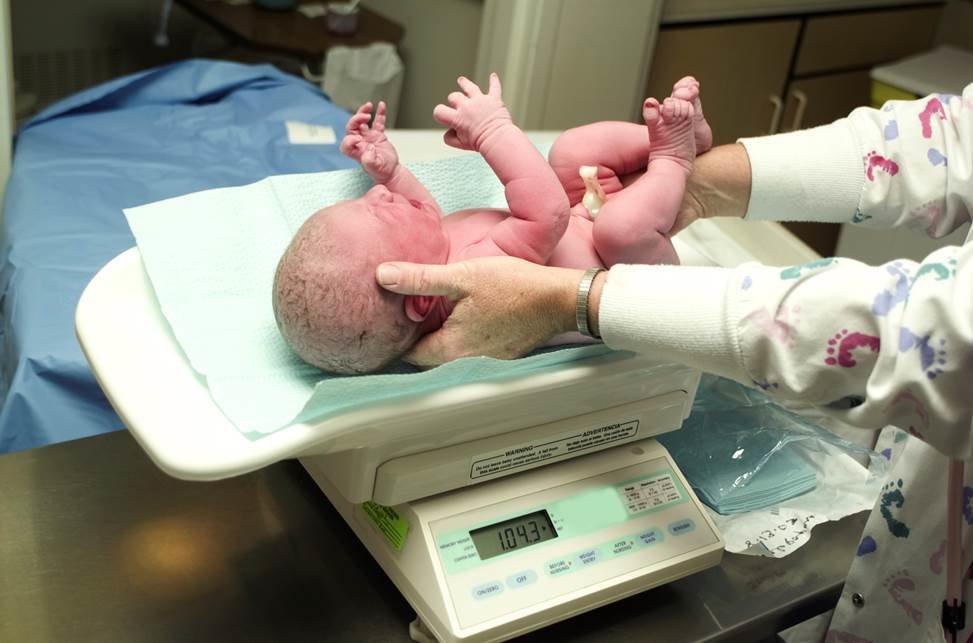
How little is your little nugget, really? 80% of babies born full-term weigh between 5 pounds, 11.5 ounces and 8 pounds, 5.75 ounces.
Average Maternity Leave in U.S.
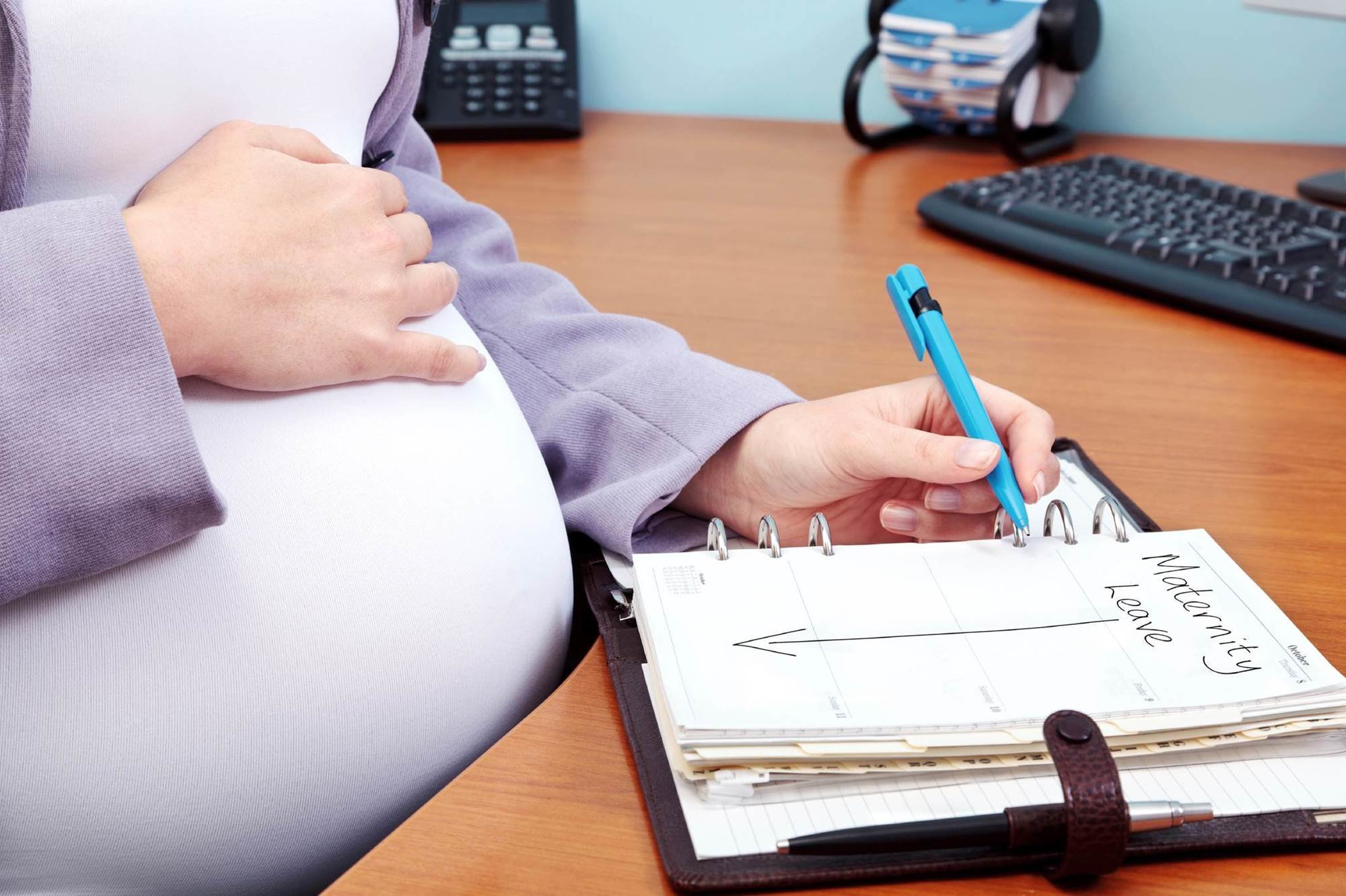
Proof that we need better family leave policies in this country: While 70% of new moms take some time off from work after giving birth, the average maternity leave in the U.S. is only 10 weeks.
How Many Dads Take Paternity Leave?

Still more proof we need better family leave policies: 96% of new dads take only 2 weeks or less off from work.
More from The Stir: 12 Terrible Ways to Congratulate a Woman on Her Pregnancy
Percent of Moms Who Work ...
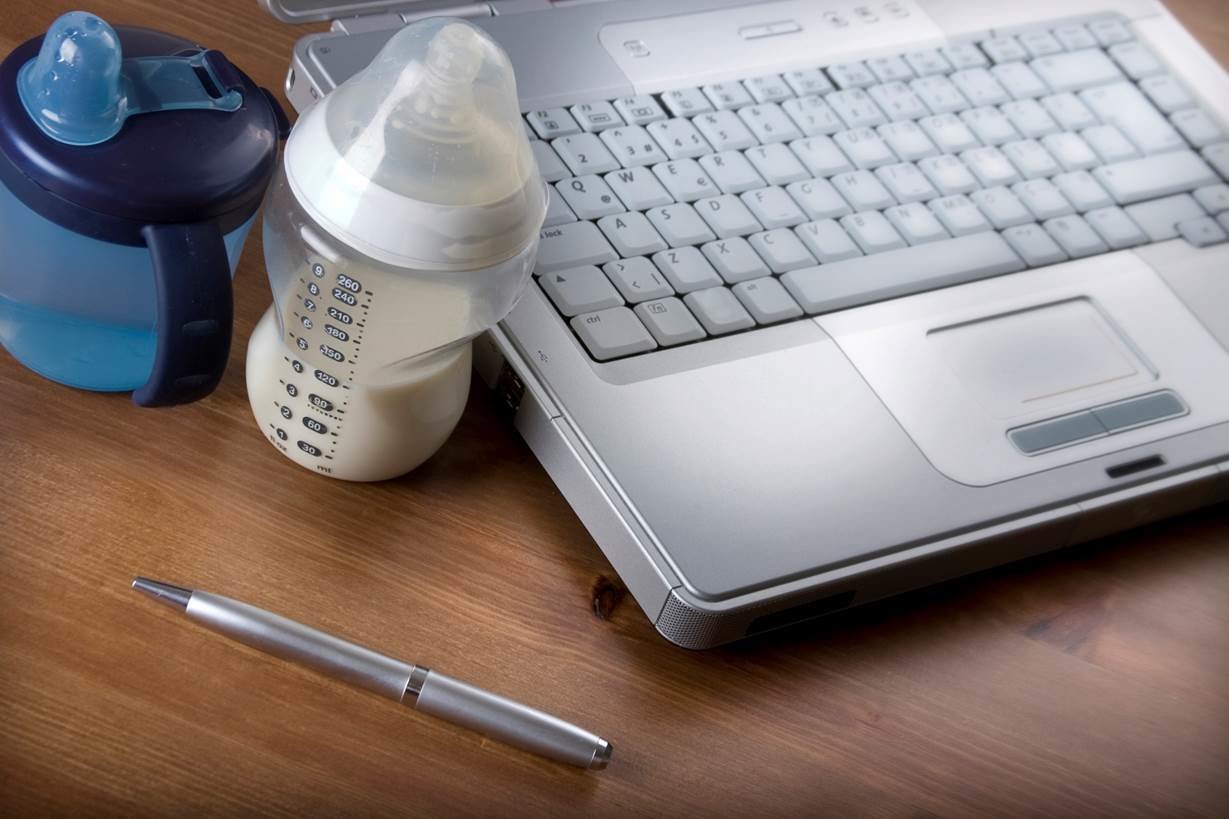
SAHMs are now officially in the minority: 64% of mothers with children under the age of 6 work.
Percent of Moms Who Support Their Families ...

Being a mom is hard work, in more ways than one: Women are the sole or primary breadwinners in 40% of households with children under the age of 18.






